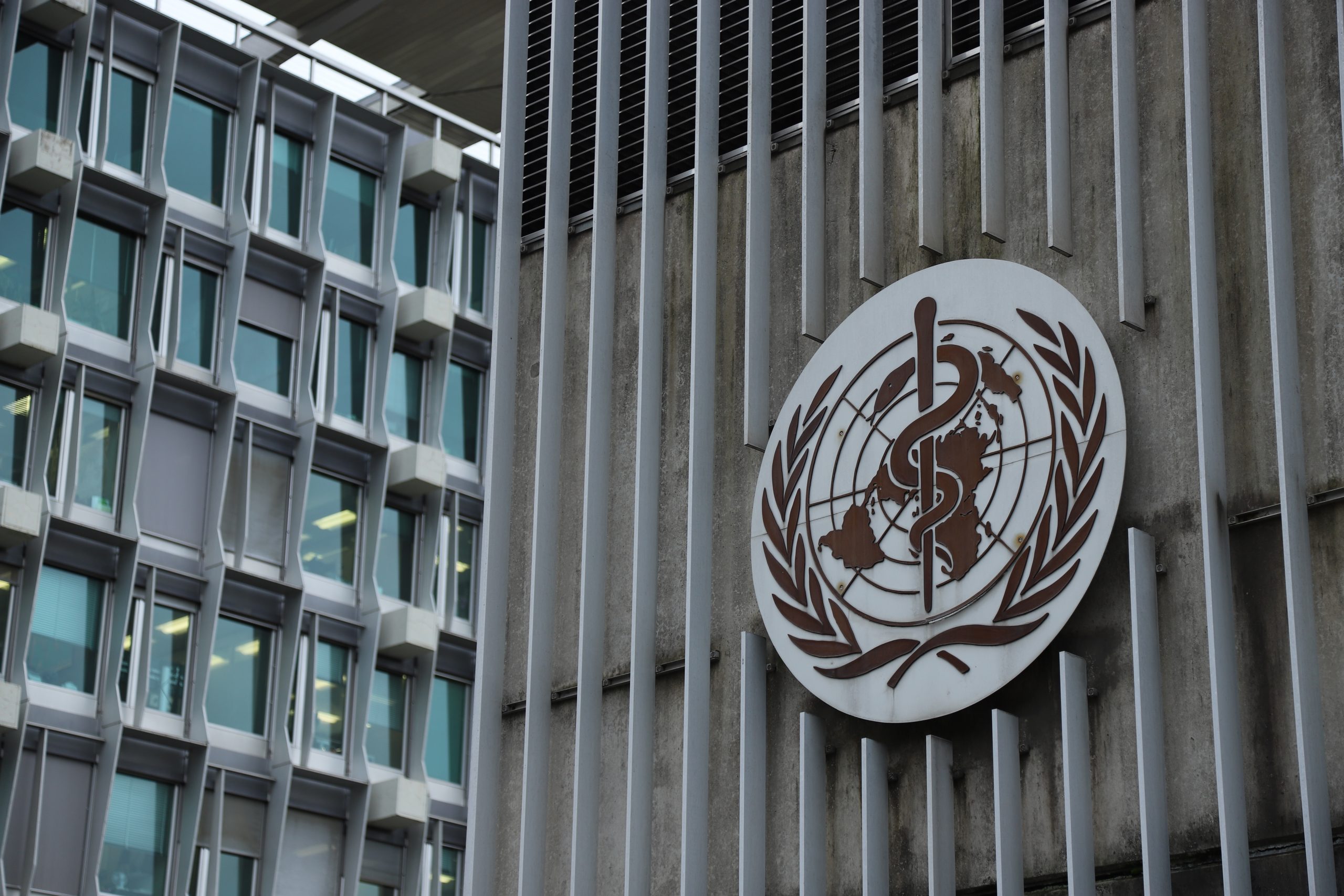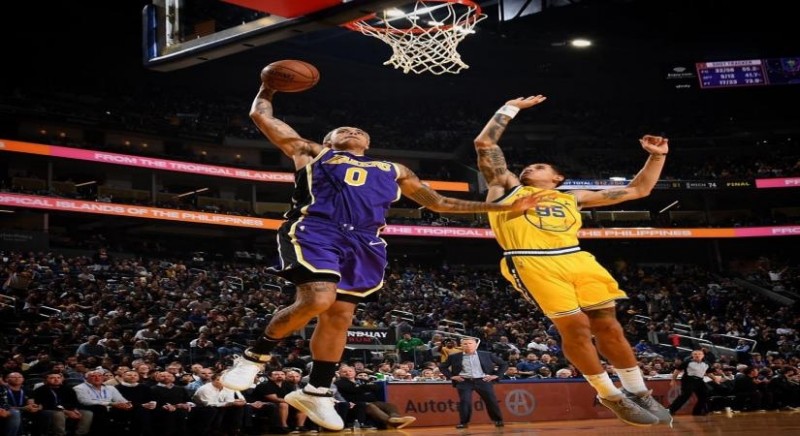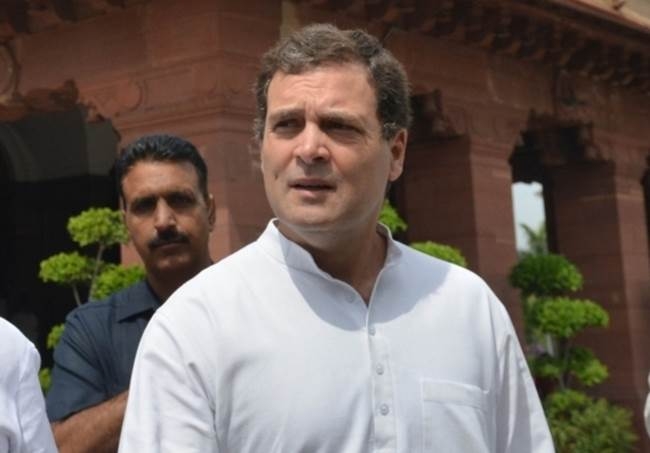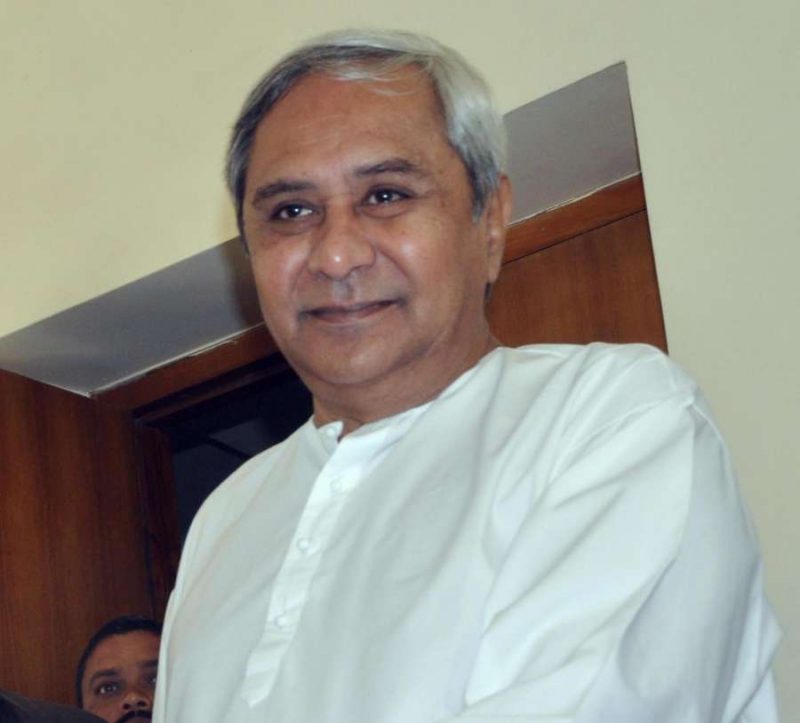The World Health Organization (WHO) has reiterated that COVID-19 vaccines must be recognised as public goods for the whole world, and that all countries must contribute.
“We can’t prevent pathogens, germs from crossing our borders. And that’s why these vaccines have to be recognised as protecting the whole of the world and the contributions from every country to do that,” Katherine O’Brien, director of WHO’s Department of Immunization, Vaccines and Biologicals, said in a press conference in Geneva on Friday, reiterating COVID-19 vaccines be recognized as “global public health goods”, Xinhua reported.
“The outbreak of pathogens don’t recognize borders. Although one country may be able to vaccinate a high proportion of individuals, and in fact, even induce herd immunity in the country, the transmission of pathogens crosses borders,” she said, adding that “we’re all at risk when any country is at risk”.

O’Brien gave a classic example of measles for illustration: “Measles anywhere is measles everywhere. And when we have measles anywhere, it means every country must continue to immunize and immunize at the rate that it does protect every individual in the community.”
Seth Berkley, CEO of Gavi, a global Vaccine Alliance, said that it’s important to “think about the fact that immunization is not only about protecting the individual, but it’s also about creating herd immunity and protecting the rest of society”.
“And that’s a critical point, because even if you know if your child or your family cannot be immunized, because they have an immunosuppressive disease or because the vaccine doesn’t take. What protects them, is the fact that other people around them are protected, ” he said.
“That’s why immunization has the characteristics of a global public good, and why in the discussion now, as developing COVID-19 vaccines, one of the critical issues there, is to think about the role it will play in ending the pandemic,” he added, stressing the vaccines’ ability “to get rid of infection in surrounding communities, to get rid of reservoirs of infection, etc.”
Countries should “be prepared, be innovative, think of vaccines as an investment,” said Henrietta Fore, executive director of UNICEF, emphasizing that it’s smart, strategic, and also an obligation for children.
“So what we worry about most are the countries that are very poor … the poorest households in every country, and we worry about girls. So as you think about where we need vaccines and how broad it should be, this is our focus and intent, and need as a world,” she added.









